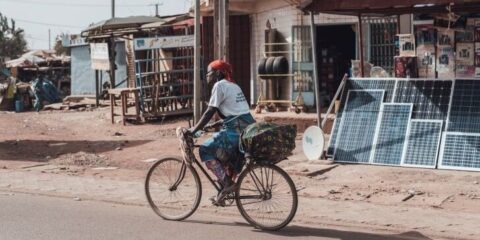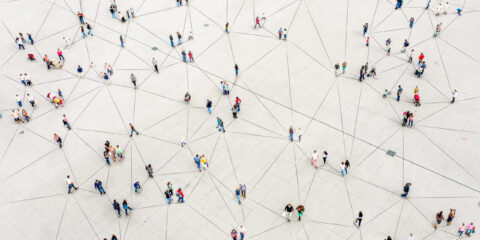People, culture and communities
The most important remaining barriers to effective climate action are social and economic, rooted in values, choices, identity, behaviour, organisation, culture, and politics.
We need to consider the disruptive impacts of decarbonisation on the lives and livelihoods of diverse people and communities, while also balancing the consequences of failing to act.

Energy development
Access to clean and reliable energy sources is a key pillar of sustainable development. Our researchers are working to overcome barriers to energy access around the world.

Energy humanities
We’re investigating how to make energy transitions just and inclusive, for all people and living beings, everywhere.

First Nations people
Increasing clean energy interest in First Nations Countries requires prioritising cultural safety, security and proficiency. If managed sensitively and respectfully, the energy transition offers a chance to bring meaningful outcomes for First Nations Peoples and revitalise their future.